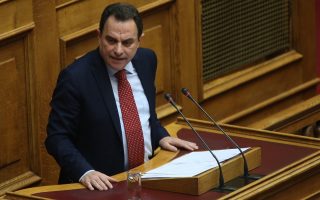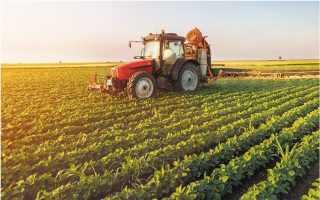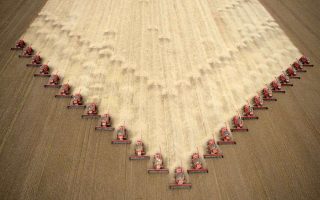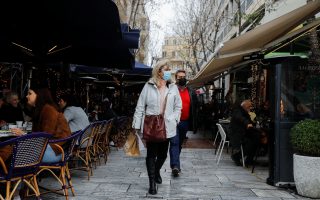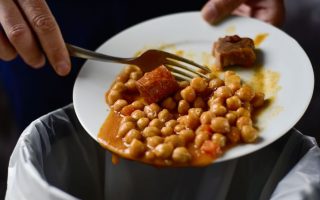Action plan to avert shortages
As Ukraine war escalates, government seeking alternative markets for supply of food products
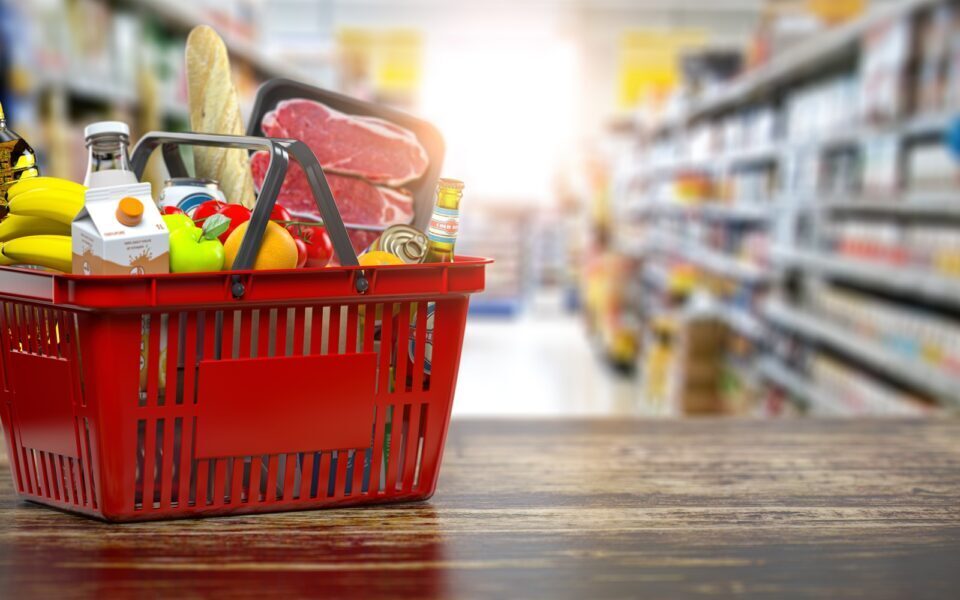
With speculation about the short- and long-term impact of the war in Ukraine running rampant, the Greek government is taking action to shield the country from possible shortages, not just in energy but in food as well.
More specifically, a plan was adopted last week at a meeting chaired by Prime Minister Kyriakos Mitsotakis that foresees searching for alternative markets for the supply of food products, providing incentives for increased domestic production and introducing supervisory mechanisms to prevent shortages.
The plan, which was based on a proposal by Rural Development and Food Minister Giorgos Georgantas, concerns mechanisms and controls to ensure the adequacy of products that have so far come from Ukraine and Russia, such as bread wheat, maize and sunflower oil. Now, Greece will seek alternative markets for the supply of these products in places like Bulgaria, Romania and other European countries, the United States and Canada, but also, if required, Argentina. For animal feed it will look to India, Malaysia and the south American continent.
The government’s decision to take action against possible food shortages stems from a long list of concerns, including the fact 70% of the country’s needs for bread wheat had been met by Ukraine and Russia. It is unknown when, and if, these imports will resume. Indicatively, Greece’s flour industry reserves are sufficient for about two months, while corn imports to Greece so far amount to 500,000 tons.
Regarding the monitoring and controls to ensure market adequacy, the steps envisaged include the re-introduction of the Food Safety Committee. A ministerial decision is due to be issued on Monday, moreover, obliging companies in the sector to declare their reserve stocks.
In addition, a database will be created to bring together all existing inventory tools. To this end, the plan will employ a mechanism created by the Development Ministry to ensure the adequate supply of antiseptics during the peak of the pandemic.
As for increasing domestic production, an important step is subsidies for maize for five years, in consultation with the European Commission; the facilitation of summer crops, which farmers have so far avoided due to lower potential profits; and the reduction of the percentage of sunflower oil used in the production of biofuel.
